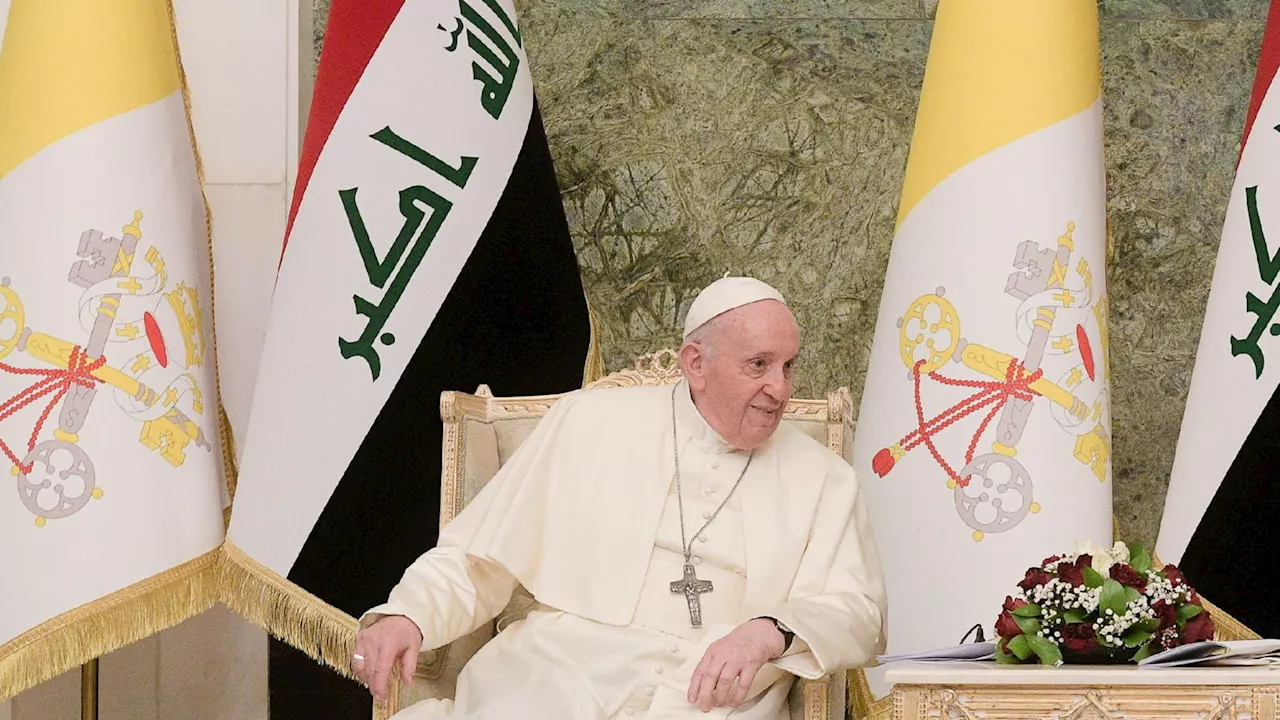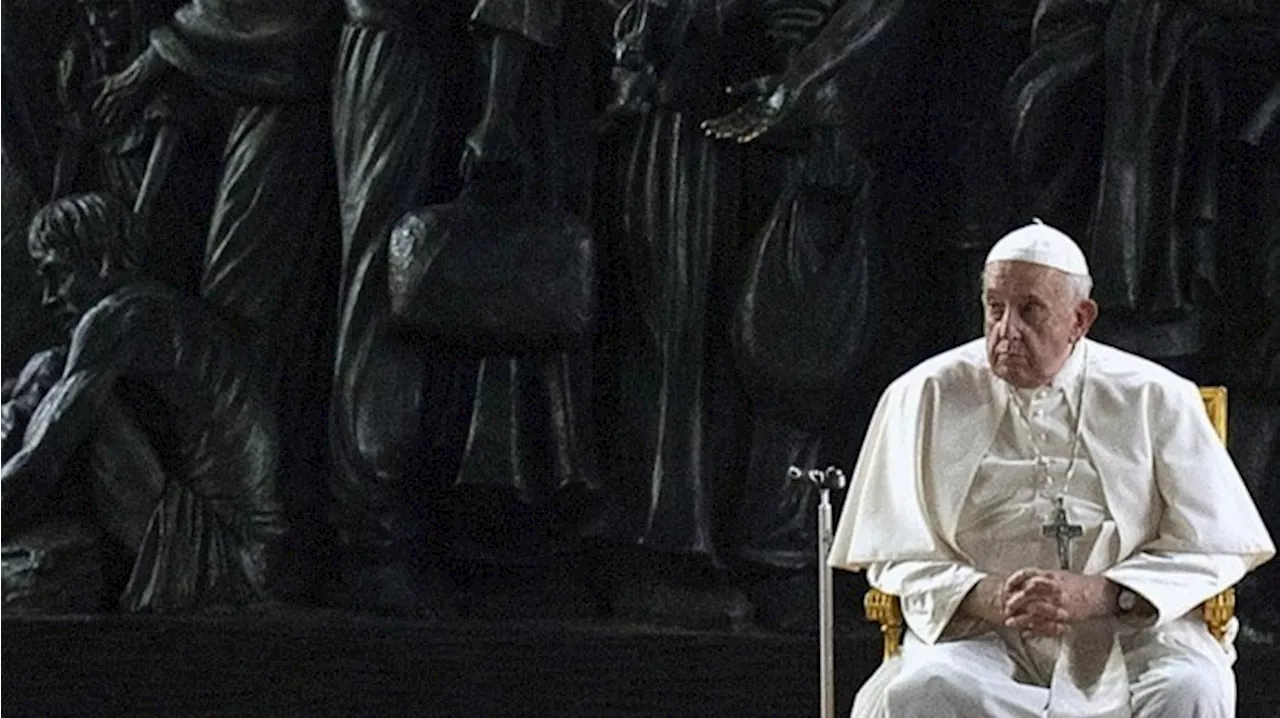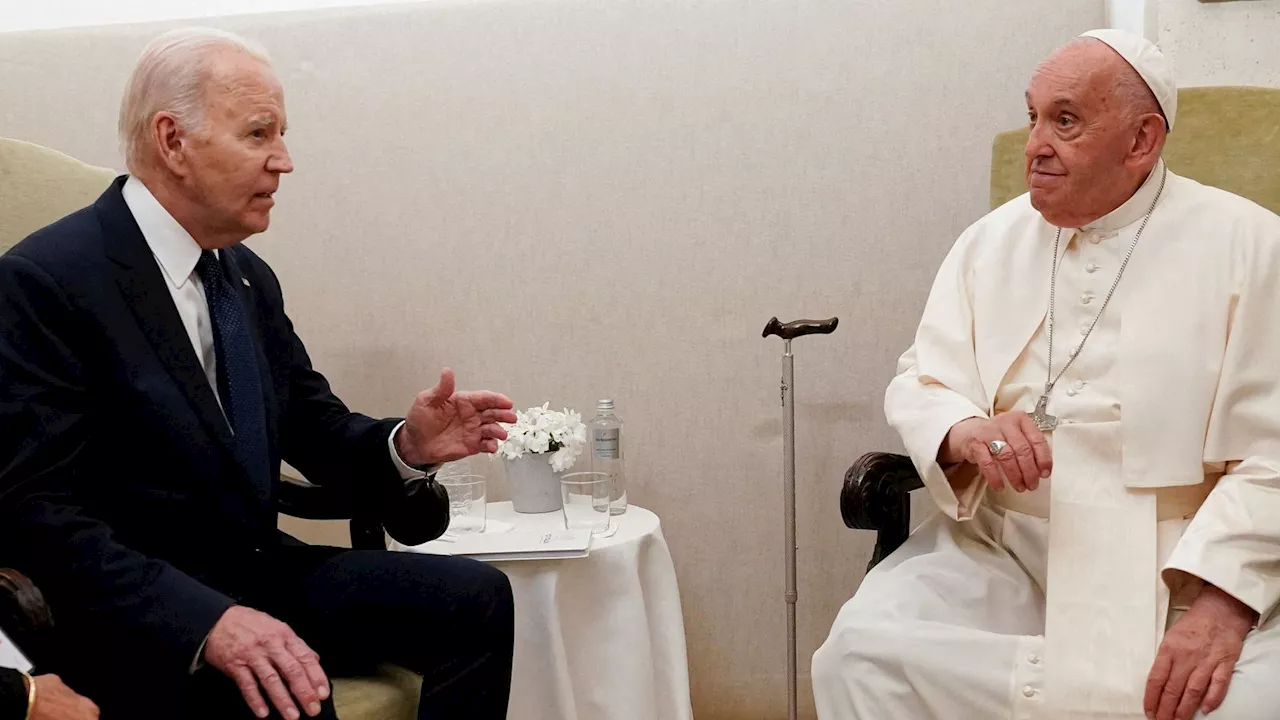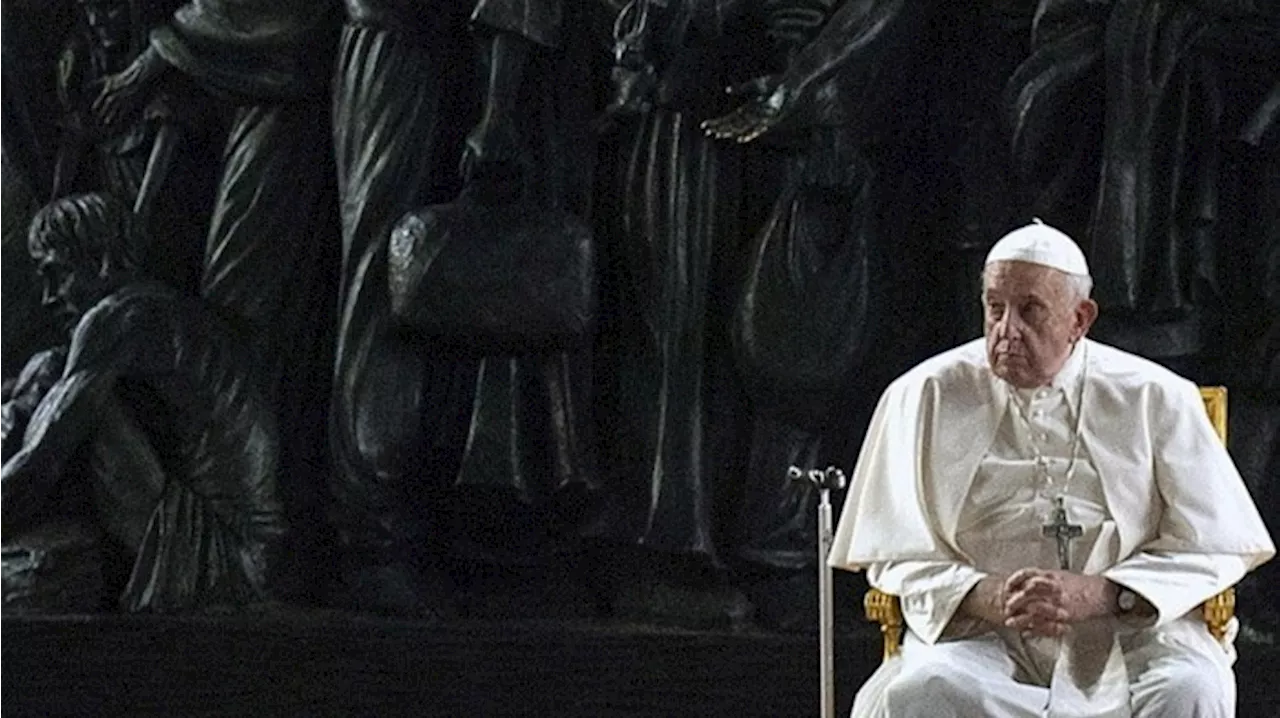Pope Francis's memoir, 'Hope: The Autobiography', offers a personal and insightful look into his life, beliefs, and vision for the Catholic Church. The book, considered the first memoir written by a sitting pope, is unique in its form and content, blending childhood anecdotes, spiritual reflections, and calls for social justice.
There is nothing more fashionable than telling your own story. Not even the Pope can resist the temptation. So this month Pope Francis , the first Latin American and the first Jesuit to head the Catholic Church , goes where other pontiffs have not. Hope : The Autobiography is billed as the “first memoir written by a sitting pope”. A cynic might joke that it’s not even the first memoir written by Francis: last year he published his recollections of world events, Life: My Story Through History.
But Francis is not interested in cynicism. His election in 2013 breathed new life into the church, replacing froideur with friendliness, a focus on sexual behaviour with an embrace of humility and the poor. Conservative critics have swarmed but, even as a frail 88-year-old, Francis has remained defiantly progressive. Last week he appointed an opponent of Donald Trump’s migration policies as archbishop of Washington. In his autobiography, Francis again breaks moulds. He may be the first memoirist ever to say he wants to lower his own reputation: “my strongest sentiment”, he writes, is that he has “a public esteem of which I am not worthy.” Hope is unusual in form, too: Francis uses childhood anecdotes almost as parables; the book often deviates into sermons. The experience of growing up “respectably poor” in a multi-ethnic Buenos Aires neighbourhood, for example, bred in the then Jorge Mario Bergoglio a respect for Jews and Muslims. It familiarised him with the lives of prostitutes and prisoners. At times, the links are too cute — does playing as goalkeeper really prepare you for facing life’s problems? But at its best, Hope is elegant and joyful, its call for spiritual renewal a counterpoint to the more pervasive genre of self-help. Love for migrants is a recurring theme. Hope begins by recounting how Francis’s grandparents and father nearly drowned fleeing from fascist Italy to Argentina: the boat on which they were due to travel sank, but they had been delayed. He draws parallels with migrant deaths today in the Mediterranean. The book’s publishers say Francis wished for Hope to come out after his death, but brought it forward for the current Catholic jubilee year and the “needs of our times”. Once intrigued by Argentine strongman Juan Perón, he opposes today’s sectarian populism. The antidote to it is “entering into harmony with the soul of the people”. For this very accessible pope, God can be found in humour, football and Fellini films. But above all it’s in the willingness to talk and listen to others with respect: “the culture of encounter”. Francis constantly mentions old acquaintances whom he still remembers to call regularly. Readers might wonder if the papacy is a secretarial role. There’s a revealing passage about his unexpected election as pope, including how initially undecided cardinals including himself began by supporting unviable “stop-gap” candidates while they gauged the winds. It makes the film Conclave seem broadly accurate. Even when elected, Francis made sure to call his newspaper delivery man in Buenos Aires to cancel his order. One of his hallmarks has been admitting his own sins and errors, including using homophobic language. He does similarly here, owning up to instances of thoughtlessness (although, amusingly, in an afterword, his co-author, publisher Carlo Musso, takes sole responsibility for any errors in the text). There are omissions. The book dwells more on his 33 years before becoming a priest than the 50-odd years since. By focusing on his youth, Francis skirts over how he has changed since. We know from biographies that he was a divisive leader of Argentina’s Jesuits in the 1970s, with an authoritarian style and a dislike of liberation theology, the branch of Catholicism focused on systemic injustice. A period in the wilderness, along with economic crisis in Argentina, changed his perspective. Major controversies are dealt with briefly. There have been questions over whether, as Jesuit leader, Bergoglio could have done more to protect Orlando Yorio and Francisco Jalics, two Jesuit priests, and followers of liberation theology, who were tortured by Argentina’s junta. He wraps it up in half a page, insisting: “I tried everything.” Francis also deals only briefly with child sexual abuse in the church. Some readers will find this frustrating, and notice that he has quibbles with accusers that he doesn’t with, say, migrants. Francis remains mostly popular with the faithful, but has faded from wider view somewhat; this book strives to revive the early glow around his papacy. His message is that the church should look outward and forward. Clerics should have less power; women more. Traditionalist approaches to Catholicism often tend to “clerical ostentation”. Better to learn the languages of migrant worshippers — Vietnamese, Spanish — than Latin, he suggests. Sexual sins “are really not the most serious”, compared with, for instance, pride and fraud
Pope Francis Autobiography Hope Catholic Church Spirituality Social Justice Migrants Vatican
United Kingdom Latest News, United Kingdom Headlines
Similar News:You can also read news stories similar to this one that we have collected from other news sources.
 Pope Francis's Autobiography Reveals Suicide Bomb Plot During Iraq VisitPope Francis's autobiography reveals a plot by suicide bombers to attack him during his historic visit to Iraq in 2021. The book details how British intelligence alerted Iraqi authorities about the planned attack, leading to the suicide bombers being intercepted and killed before they could reach the Pope.
Pope Francis's Autobiography Reveals Suicide Bomb Plot During Iraq VisitPope Francis's autobiography reveals a plot by suicide bombers to attack him during his historic visit to Iraq in 2021. The book details how British intelligence alerted Iraqi authorities about the planned attack, leading to the suicide bombers being intercepted and killed before they could reach the Pope.
Read more »
 Hope — Pope Francis’s surprising, joyful call for spiritual renewalThis mould-breaking memoir leaves questions unanswered, but its humour and enthusiasm are hard to resist
Hope — Pope Francis’s surprising, joyful call for spiritual renewalThis mould-breaking memoir leaves questions unanswered, but its humour and enthusiasm are hard to resist
Read more »
 Pope Francis honoured by Joe Biden with Presidential Medal of Freedom with DistinctionThe pontiff has been celebrated for 'his mission of serving the poor' and as a 'welcoming leader' who 'reaches out to different faiths'.
Pope Francis honoured by Joe Biden with Presidential Medal of Freedom with DistinctionThe pontiff has been celebrated for 'his mission of serving the poor' and as a 'welcoming leader' who 'reaches out to different faiths'.
Read more »
 Pope Francis's 'Vinegar Face' Remark About Nuns Sparks BacklashPope Francis's recent comment about nuns having a 'vinegar face' has been met with criticism from some, who argue that it's patronizing, inappropriate, and misogynistic. The author, a liberal Catholic nun, counters the Pope's view by highlighting the joy and love for life that many nuns embody, particularly those who work with victims and survivors of clerical abuse.
Pope Francis's 'Vinegar Face' Remark About Nuns Sparks BacklashPope Francis's recent comment about nuns having a 'vinegar face' has been met with criticism from some, who argue that it's patronizing, inappropriate, and misogynistic. The author, a liberal Catholic nun, counters the Pope's view by highlighting the joy and love for life that many nuns embody, particularly those who work with victims and survivors of clerical abuse.
Read more »
 Pope Francis Offers Comfort to Gaza's Christian CommunityPope Francis has been calling Palestinian Christians sheltering in Gaza City churches every night for over a year, offering comfort and reassurance during the ongoing conflict.
Pope Francis Offers Comfort to Gaza's Christian CommunityPope Francis has been calling Palestinian Christians sheltering in Gaza City churches every night for over a year, offering comfort and reassurance during the ongoing conflict.
Read more »
 British Spies Foil ISIS Suicide Bomb Plot Targeting Pope Francis in IraqPope Francis revealed that British intelligence thwarted a suicide bomb attack during his 2021 visit to Iraq. The plot involved a woman bomber and a truck filled with explosives. Pope Francis, undeterred by the threats, pressed on with his visit to Mosul, offering words of hope to persecuted Iraqi Christians.
British Spies Foil ISIS Suicide Bomb Plot Targeting Pope Francis in IraqPope Francis revealed that British intelligence thwarted a suicide bomb attack during his 2021 visit to Iraq. The plot involved a woman bomber and a truck filled with explosives. Pope Francis, undeterred by the threats, pressed on with his visit to Mosul, offering words of hope to persecuted Iraqi Christians.
Read more »
